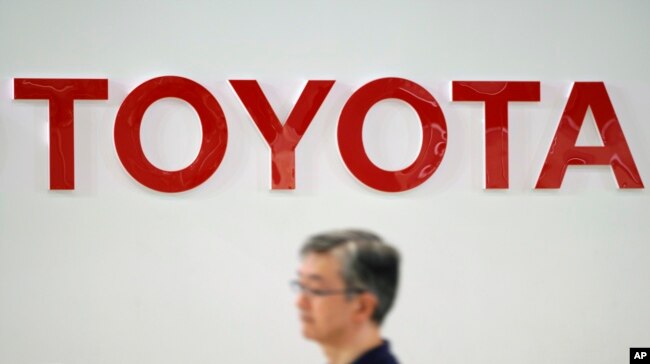
Toyota will invest half a billion dollars into ride-sharing giant Uber as part of a deal for the two companies to work together on developing self-driving vehicles.
Toyota, one of the world’s largest car makers, is seen as lagging behind other companies, including General Motors and Google’s Waymo, in the autonomous-vehicle race.
Uber has already begun testing self-driving vehicles, but was forced to remove hundreds of autonomous cars from the road in March after one of its test vehicles struck and killed a pedestrian on a street in Tempe, Arizona.
The deal between Uber and Toyota is an indication that Uber does not want to go it alone in creating the complex, autonomous driving systems.
Self-driving cars have always been important to Uber, which sees them as a way to reduce the cost of carrying passengers. Former Uber CEO Travis Kalanick had insisted on developing a proprietary self-driving system, however current CEO Dara Khosrowshahi has been working to develop more partnerships for the company.
Uber has been doing safety evaluations since the March crash that killed a 49-year-old woman as she walked her bicycle across the street. The company took a step in July toward relaunching its vehicle testing in Pittsburgh, putting its self-driving cars back on the road in manual mode.
Toyota has been cautious in its approach to self-driving vehicles and has focused on partial autonomous systems. However, the company says it plans to begin testing self-driving electric cars around 2020.
Both companies aim to work together to solve the huge challenge of how to design and mass produce self-driving cars, which use computers, cameras and sensors to guide the vehicles.
Proponents of the new technology argue that self-driving cars will prove to be safer than human drivers because the cars will not get distracted and will obey all traffic laws.
Critics have expressed concern about the technology’s safety, including the ability of the autonomous technology to deal with unpredictable events. Voice of America

